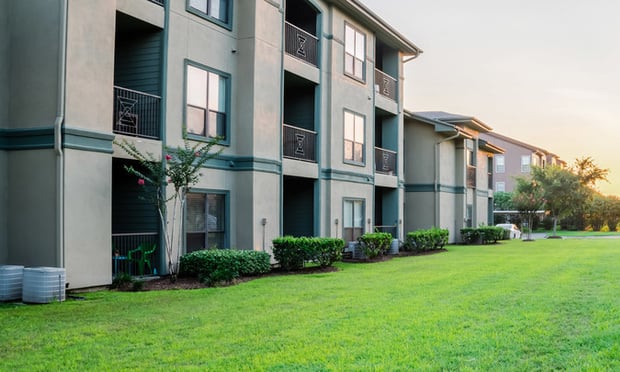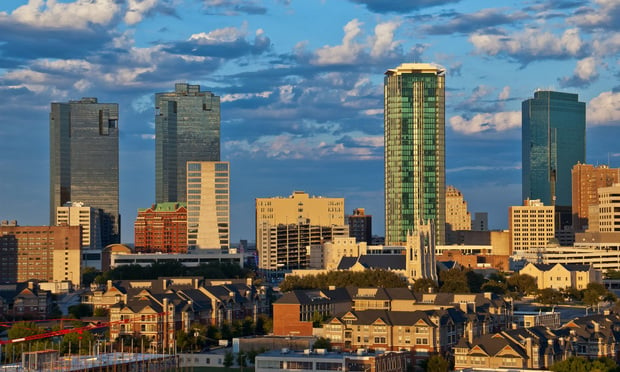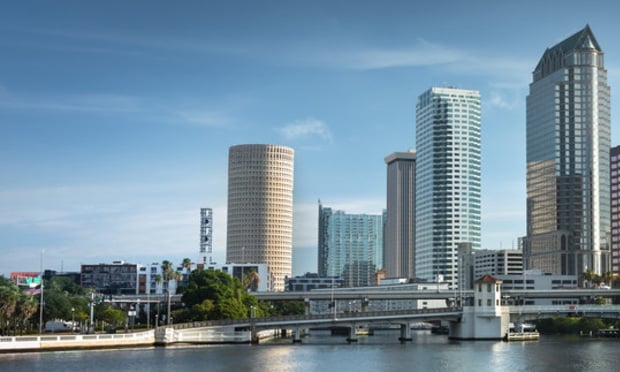"It appears the cycle has been turning negative since the first of the year," George Roddy, president of Roddy Information Services in Carrollton, TX, tells GlobeSt.com. "The numbers surprised me in that the real estate markets in Dallas are larger than Tarrant County's yet Tarrant has overtaken it by a pretty wide margin."
Sales information lags the market so Roddy used May stats for 2007 and 2008 to assess market conditions, perhaps a better barometer than year to date because it's not skewed by the historical dog days of summer. Dallas County foreclosure sales are 60% higher than last year, hitting 40 sales in the first five months of this year. Tarrant County's foreclosure sales spiked 161%, reaching 34 sales at the end of May versus 13 for the same period in 2007. A partial list of June sales shows the trend is continuing, he says.
Roddy says the commercial markets' backslide is more telling in five-month cumulative and one-month comparisons. Dallas sales dropped 18.3% in the first five months of this year versus 2007 and were off 18% just in the month of May. Tarrant County was down 2.4% for the five-month cumulative and dipped 23% in the monthly analysis. "To me that indicates, in the Tarrant County market, that any slide in real estate sales has begun later than in Dallas County. It looks like it just materialized in May 2008," he says. The Dallas dip, he adds, may have started to surface in third quarter 2007.
Roddy also broke the stats into market sectors. In Dallas County's five-month cumulative, apartment sales plummeted 47%; retail, 41% for strip and shopping centers, malls and freestanding buildings, excluding restaurants; industrial, 17%; office, 6.4%; and land, 14%. The Tarrant County breakdown is multifamily asset sales declined 19%; retail, 18%, industrial, 14% and office, 9%. Land sales, on the other hand, rose 4%, a factor that could be partially attributed to the steep interest in acreage with Barnett Shale mineral rights. He says foreclosure sales primarily are class B minus and class C assets and none from the "pride of ownership" category.
"The slowdown in the economy and the uncertainty we're seeing all over is having an impact on the psyche of the investment community," Roddy says. The rising cost of capital is a factor, but not the primary culprit in his opinion.
"Fear and uncertainty are permeating the atmosphere. But, it's not in freefall," Roddy assesses, "and it's not like it was in the '80s. For the times, we're going through the market is handling it pretty well." In 1989, Dallas/Fort Worth's foreclosure sales accounted for 50% of the 5,000 closed deals, he recalls.
Roddy, like other market-watchers, says many investors are simply sitting on the sidelines until after the presidential election. "Real estate is a tremendous investment whoever is in power," he says. "We're going to see some sluggish markets at least through the end of this year and probably into first quarter 2009."
Roddy points out foreclosures and sales are trailing economic indicators. "There may need to be a clear-cut change in direction that is apparent to us before we see any change. People will have to know what that is before they act," he concludes. "Most of this is uncertainty and not knowing where the market is going to go."
Want to continue reading?
Become a Free ALM Digital Reader.
Once you are an ALM Digital Member, you’ll receive:
- Breaking commercial real estate news and analysis, on-site and via our newsletters and custom alerts
- Educational webcasts, white papers, and ebooks from industry thought leaders
- Critical coverage of the property casualty insurance and financial advisory markets on our other ALM sites, PropertyCasualty360 and ThinkAdvisor
Already have an account? Sign In Now
*May exclude premium content© 2024 ALM Global, LLC, All Rights Reserved. Request academic re-use from www.copyright.com. All other uses, submit a request to [email protected]. For more information visit Asset & Logo Licensing.








